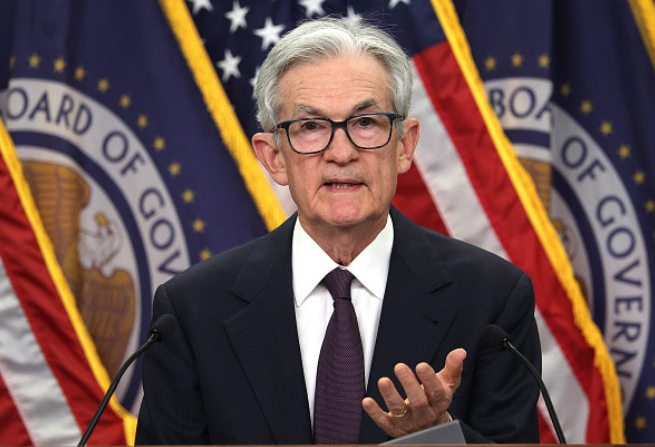🏛️ The head of the U.S. Federal Housing Finance Agency (FHFA) has stated that Federal Reserve Chair Jerome Powell is considering stepping down. This announcement has sparked debate in both economic and political circles – as Powell has been leading U.S. monetary policy since 2018 and played a key role in navigating the economy through the pandemic, inflation surge, and banking sector instability.
Possible reasons:
🔹 Political pressure
Powell has faced criticism – first from Donald Trump, then from members of the Democratic Party. His attempts to balance inflation control with economic growth have stirred debate among both politicians and economists.
🔹 Exhaustion from constant crisis management
Since 2020, Powell has been operating under constant stress – COVID-19, record inflation, interest rate hikes, bank failures, and labor market uncertainty. Stepping down might be an effort to exit with dignity before the next potential storm.
🔹 Changing political climate
The 2024 election is approaching – and the Fed is already under pressure from multiple sides. Powell may not want to become a central figure in the upcoming political battles and could prefer to step aside before a new administration takes over.
Potential consequences of his resignation:
Markets could react immediately
Powell is a predictable and respected figure. His departure could spark short-term volatility in stock and currency markets – especially if his successor is unknown or politically controversial.
Fed policy could shift
Depending on who takes over, monetary policy might become either more dovish or more hawkish – depending on the priorities of the new chair.
It could influence the election narrative
Financial stability is a major election issue in the U.S. Powell’s resignation could become part of both Democratic and Republican campaigns.
📉 What’s next?
So far, Powell has not confirmed any intention to resign. His current term runs through 2026 – but internal pressure or a desire to “leave at the top” could prompt an earlier exit.
Upcoming Fed meetings and Powell’s statements will be watched closely – not just for interest rate decisions, but for signs of a shift in U.S. monetary policy direction.
All content provided on this website (https://wildinwest.com/) -including attachments, links, or referenced materials — is for informative and entertainment purposes only and should not be considered as financial advice. Third-party materials remain the property of their respective owners.


